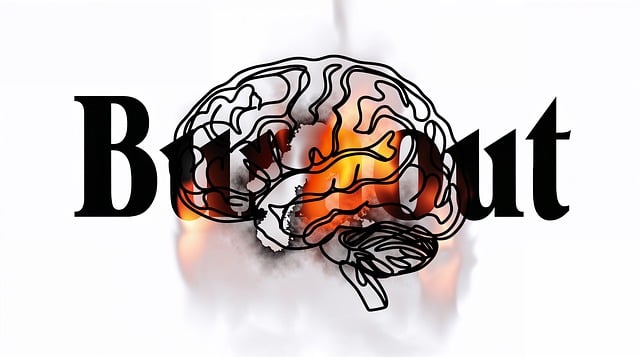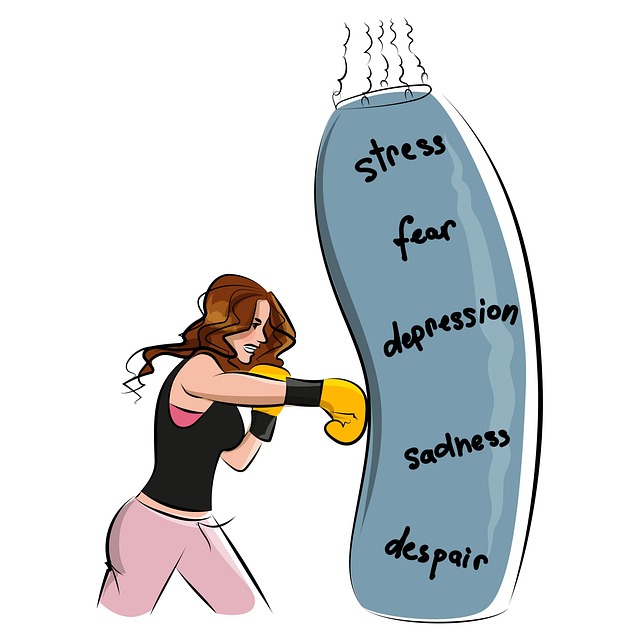Mental health professionals in Arvada face unique risks while supporting men with mental health issues, including secondary trauma, burnout, and ethical dilemmas. To mitigate these hazards, they must prioritize self-care through strategies like Mind Over Matter principles, coping mechanisms, and mindfulness meditation. Arvada mens issues therapy centers identify potential risks through comprehensive risk assessments, open communication, and mental health awareness, creating tailored interventions to protect both clients and therapists. Public awareness campaigns further reduce stigma and encourage positive discussions about male mental health.
In the demanding field of mental health, professionals face unique risks that require meticulous consideration and proactive management. This article delves into the critical aspect of risk assessment for mental health practitioners, exploring the specific challenges they encounter. We examine the identification of hazards within therapy settings, drawing insights from case studies like Arvada Men’s Issues Therapy, and present effective strategies for comprehensive risk mitigation. Understanding these risks is essential to ensure the well-being and resilience of mental health professionals.
- Understanding Mental Health Professional's Unique Risks
- Identifying Potential Hazards in Therapy Settings
- Strategies for Effective Risk Management
- Case Studies: Learning from Arvada Men’s Issues Therapy Examples
Understanding Mental Health Professional's Unique Risks

Mental health professionals, while instrumental in helping others navigate their struggles, often face unique risks that can impact their own well-being. This is particularly true when addressing complex issues like those related to men’s mental health in Arvada or any other community. The nature of their work exposes them to intense emotions, traumatic stories, and sensitive personal information. This constant exposure can lead to secondary trauma, burnout, and even increased anxiety or depression—a phenomenon often referred to as “compassion fatigue.”
Professionals in this field must also grapple with ethical dilemmas, such as maintaining confidentiality while ensuring client safety. Balancing these responsibilities requires a strong adherence to Mind Over Matter principles, fostering inner strength development through effective coping mechanisms, and integrating mindfulness meditation practices to foster resilience and self-care. These strategies are essential for mitigating risks and promoting the long-term well-being of mental health professionals, allowing them to continue offering quality care to their clients.
Identifying Potential Hazards in Therapy Settings

Identifying potential hazards is a critical aspect of risk assessment for mental health professionals, particularly in settings like Arvada men’s issues therapy centers. These environments can present unique challenges due to the sensitive nature of the work and the diverse range of client issues. From intense emotional disclosures to potentially traumatic experiences discussed during therapy sessions, therapists must remain vigilant to ensure both their well-being and that of their clients.
One significant hazard is burnout, a prevalent concern in healthcare, especially among those implementing Burnout Prevention Strategies for Healthcare Providers. The demanding nature of mental health work can lead to emotional exhaustion, depersonalization, and decreased personal accomplishment—key indicators of professional burnout. Additionally, navigating complex client cases, managing diverse cultural backgrounds, and dealing with the stigma associated with mental illness (Mental Illness Stigma Reduction Efforts) can further contribute to these risks. Therapists must be equipped with robust coping mechanisms and support systems to mitigate these hazards effectively.
Strategies for Effective Risk Management

In the realm of mental health professionals, effective risk management is paramount to ensuring both client safety and personal well-being, especially when addressing complex Arvada men’s issues therapy cases. Strategies for managing risks should encompass a multi-faceted approach tailored to individual circumstances. This includes thorough risk assessments that consider clients’ historical trauma, current stressors, and potential triggers. By integrating Mental Health Awareness and promoting open communication, therapists can foster an environment where clients feel empowered to disclose vulnerabilities and actively participate in their healing journey.
Moreover, cultivating emotional regulation skills within therapeutic settings is a game-changer for managing risks. Mentoring clients in identifying and managing intense emotions can prevent escalations and foster resilience. Encouraging mental wellness practices outside of sessions, such as mindfulness exercises or stress management techniques, further equips individuals to navigate challenges and maintain stability. This holistic approach not only enhances the therapeutic process but also contributes to the broader Mental Wellness discourse, ensuring that clients receive comprehensive support tailored to their unique needs.
Case Studies: Learning from Arvada Men’s Issues Therapy Examples

The Arvada Men’s Issues Therapy program stands as a powerful case study for risk assessment in mental health. By focusing on men’s specific psychological and emotional challenges, this initiative offers valuable insights into identifying and mitigating potential risks within therapeutic settings. Through rigorous risk assessments, therapists at Arvada were able to tailor interventions, ensuring a safer and more effective environment for vulnerable clients.
This example highlights the importance of Public Awareness Campaigns Development in mental health. By raising awareness about male-specific issues, such as the unique challenges men face when seeking therapy, Arvada Men’s Issues Therapy fostered an atmosphere of openness and reduced stigma. This positive shift encourages more individuals to prioritize their mental well-being, ultimately contributing to a healthier society promoted by Positive Thinking.
Mental health professionals, like those exemplified in Arvada Men’s Issues Therapy case studies, face distinct risks on their journey. By understanding these unique challenges and identifying potential hazards within therapy settings, professionals can implement robust risk management strategies. These include establishing clear protocols, fostering a culture of open communication, and adopting evidence-based practices. Through proactive measures inspired by real-world examples, such as the successful Arvada Mens Issues Therapy model, we can enhance safety for both practitioners and clients, ensuring sustainable and effective mental health care.













